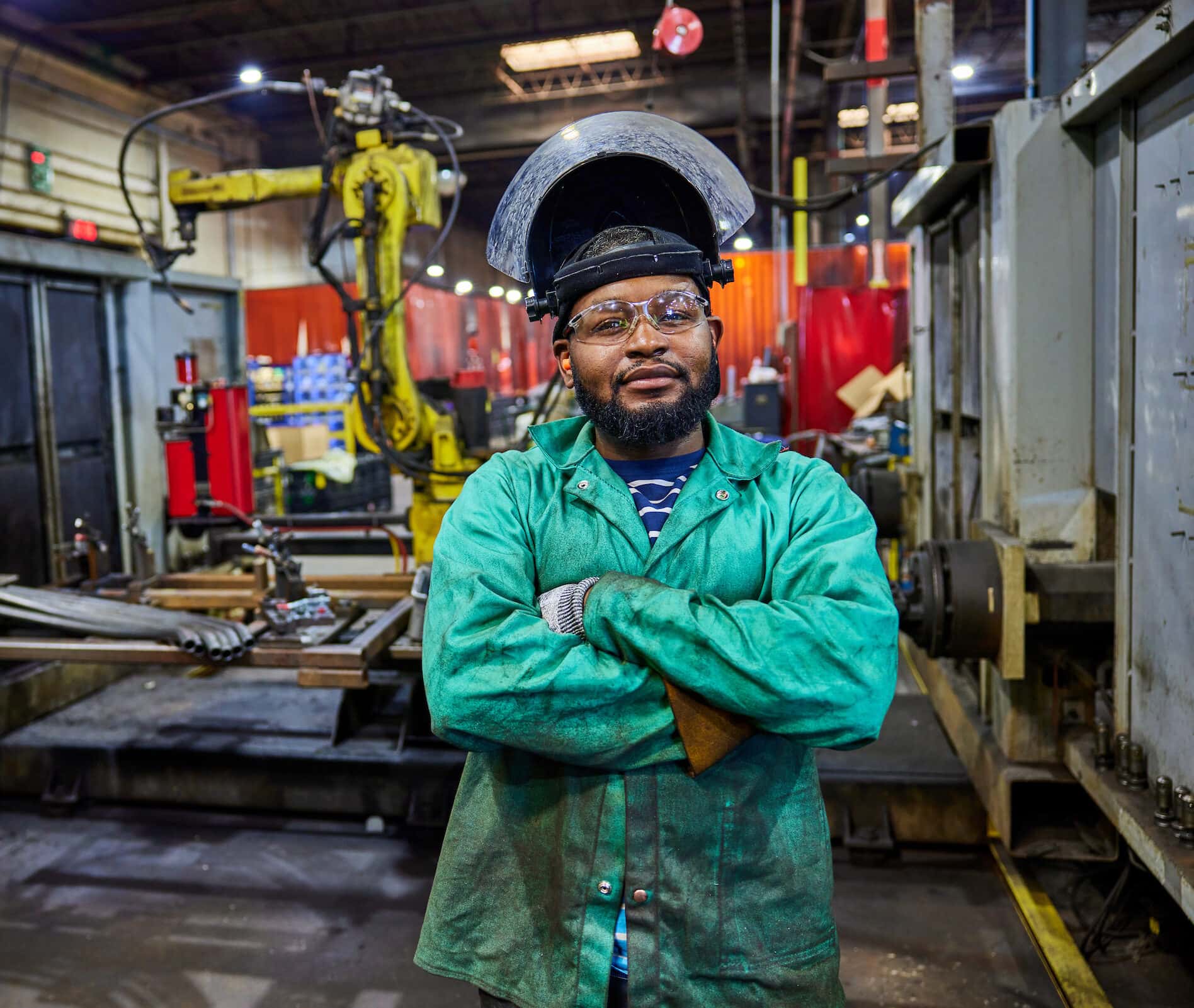Quality control is a vital part of any fabrication shop. Good quality control ensures the safety of both the operators on the floor and the end users of the finished product, reducing the risk of accidents and ensuring a long product life cycle. A good fabrication and assembly shop will have a rigorous quality management system in place to ensure that each of their products meets customer specifications and industry standards.
Quality Management vs. Control: What’s the difference?
Before we go on, it’s important to understand the difference between quality management and quality control. While used interchangeably by many, these are actually two different terms.
Quality Management is the system that determines what the requirements are and lays them out in a comprehensive manner.
Quality Control is then the actual responsibilities of the team to meet those requirements, as well as when those responsibilities occur.
Quality throughout Fabrication and Assembly
Quality control measures can be found throughout the fabrication process, from the part design all the way through the final inspections. Designs are carefully examined and tested through CAD software to ensure manufacturability is possible. Any materials that are sourced for the actual fabrication have to go through inspections, ensuring that they are the right grade and weight, and sometimes even go through strength testing depending on the needs of the project.
From there, in-process quality control measures take the lead, which can take the form of visual inspections from the operators or quality management team, physical measurements of the dimensions and weight of the part, and much more. The goal of this is to monitor and catch any problems before they can occur, or before they become a major problem–such as after an entire batch of parts is made.
Quality is important during the assembly too. Any parts should be assembled according to specific directions set out by the design or the customer. Final checks are made, inspections recorded, and the parts are then finally sent off to the customer.
The Value of Quality Certifications
A common detail that many fabrication companies share, Morton Industries included, is quality certifications. A quality certification is a way to show that a fabrication shop has been audited by a separate third party and meets internationally recognized standards for quality assurance and safety. The most common is the ISO 9001 certification, which details a strict quality management system of internationally recognized standards for quality, safety, and efficiency, but there are many others, some industry-specific and some not. All four of Morton’s fabrication facilities are ISO 9001:2015 certified, a certification that we regularly renew. Our enclosure plant also has the addition of a UL certification to manufacture products that meet local and federal environmental regulations, and the facility undergoes random audits throughout each year. If you’re looking for a fabrication company, make sure that they can meet the quality standards necessary for your industry.
About Morton Industries
Morton Industries is a trusted fabrication company founded in 1946. We pride ourselves on being at the forefront of metal fabrication and assembly, meeting or exceeding customer requirements. Check out our website or contact us today to learn more and request a quote!



